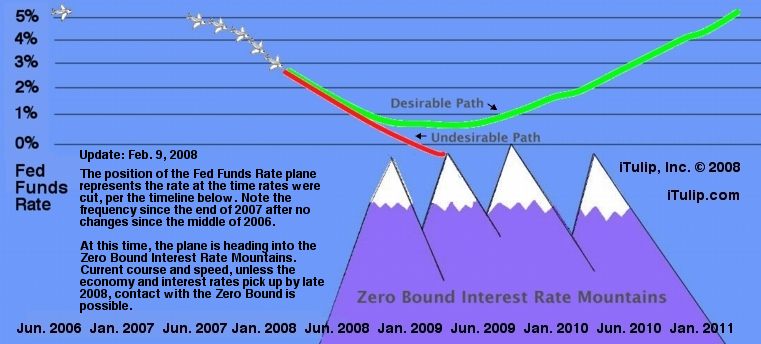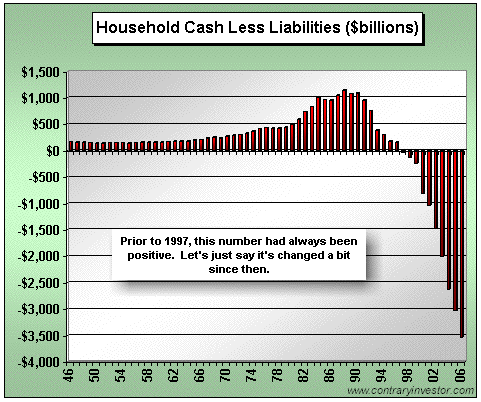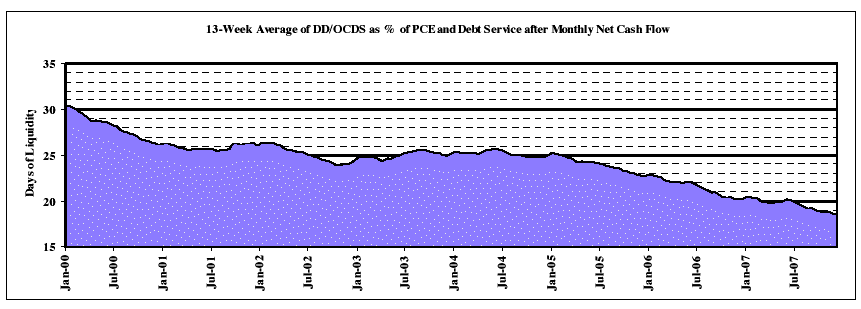Re: The deflation case: caught, gutted, poached and eaten
That's just the point. I'll repeat. There are parts of the US economy, ignored for the better part of 25-30 years, that are now doing very, very well. Phone any farmer in Nebraska if you think I'm kidding.
Last summer marked my 30th year in the petroleum business. Have ridden the economic, corporate and career cycle up and down. I've watched companies make money when the prices were down and times were hard, and others so bad they destroy shareholder value even today. The primary differentiator between the two? How well they allocate their capital, in a ludicrously capital-intensive industry.
Buffett doesn't like commodities. Sounds like you may not either, for the same reasons? Fine. Nevertheless, Buffett's success, and yours also, will depend a great deal on how well you apply your capital.
How is oil any different from, say, the California defense industry, construction, auto manufacturing, forest products, banking, technology and a myriad of other sectors in a diversified economy? The US has apparently already tried the strategy of exporting every job but hamburger flipper and hair cutters. Doesn't work, does it? Long neglected industries are having their moment in the sun. It won't last forever, but it will last much longer than most Wall St. analysts expect.
BMWs in my cohort are actually a very reliable statistic. When you work in a deep cyclical industry like petroleum, you tend to develop more conservative spending habits. It is only recently that my circle of friends have started to beleive they can actually afford the entry cost and ongoing opex of a BMW.
Originally posted by c1ue
View Post
Originally posted by c1ue
View Post
Buffett doesn't like commodities. Sounds like you may not either, for the same reasons? Fine. Nevertheless, Buffett's success, and yours also, will depend a great deal on how well you apply your capital.
How is oil any different from, say, the California defense industry, construction, auto manufacturing, forest products, banking, technology and a myriad of other sectors in a diversified economy? The US has apparently already tried the strategy of exporting every job but hamburger flipper and hair cutters. Doesn't work, does it? Long neglected industries are having their moment in the sun. It won't last forever, but it will last much longer than most Wall St. analysts expect.
Originally posted by c1ue
View Post



Comment